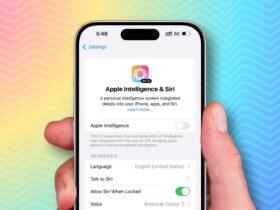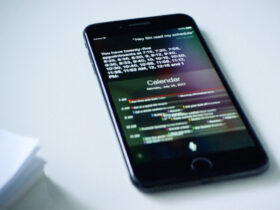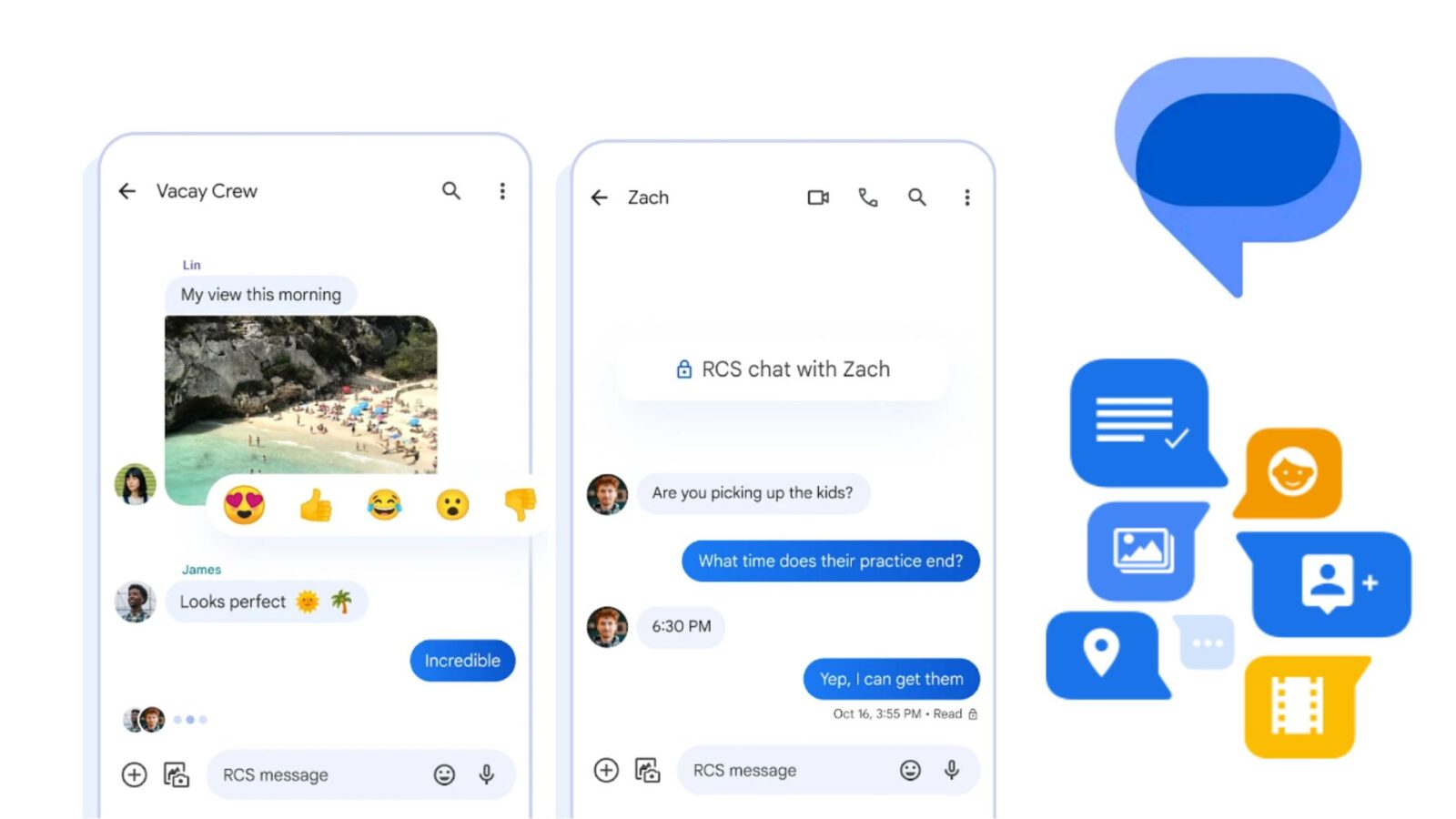Daftar Isi
Google’s Rich Communication Services (RCS) has been hailed as the future of messaging—a leap beyond traditional SMS. With features like read receipts, typing indicators, and high-resolution media sharing, Google RCS aims to elevate our communication experience. However, recent developments reveal a paradox: while Google champions RCS adoption, it quietly blocks rooted Android phones and custom ROM users from accessing this advanced messaging platform. Let’s dive into the intricacies of this issue and explore why Google’s stance seems contradictory.
Decoding the Google RCS Vision: Bridging Messaging Platforms or Facing Roadblocks?
In the dynamic landscape of digital communication, the Rich Communication Services (RCS) protocol has emerged as a potential game-changer, promising to revolutionize the way we connect and interact. Spearheaded by tech giant Google, RCS was envisioned as the key to unlocking a new era of seamless messaging experiences, transcending the boundaries between Android and iOS ecosystems. However, recent developments have cast a shadow of doubt on this ambitious vision, prompting a closer examination of the reality behind the Google RCS rollout.
The Google RCS Promise: A Unified Messaging Experience
Google’s advocacy for RCS adoption stemmed from a noble ambition—to democratize messaging and foster interoperability between Android and iOS devices. The envisioned benefits were tantalizing: imagine group chats without fragmentation, effortless media sharing, and real-time conversations enriched with interactive features—all seamlessly integrated into the native messaging experience, without the need for third-party apps.
The Unexpected Roadblock: Unraveling the Mysteries
Despite the lofty promises, recent observations have unveiled an unexpected obstacle in the path of Google RCS adoption. Users who have customized their devices—be it through rooting, bootloader unlocking, or installing custom ROMs—have encountered perplexing challenges. Despite Google RCS indicating connectivity, messages remain undelivered, shrouded in a veil of silence. The Google Messages app offers no indication of errors, leaving users baffled by the silent blocking of their messages, which neither traverse as SMS nor MMS.
As users grapple with the enigma of blocked Google RCS messages, questions abound regarding the transparency and accountability of RCS implementation. Transparency and clear communication from Google regarding the criteria for message blocking, as well as potential remedies or workarounds, are essential to address user concerns and restore confidence in the Google RCS initiative.
Read More: Android 15: Sneak Peek at the Latest Rumors for the Upcoming Android Update
Unveiling the SafetyNet Checks: Balancing Security and Accessibility
In the ever-evolving landscape of digital security, the implementation of Google’s Play Integrity API has sparked a debate surrounding the delicate balance between safeguarding app integrity and ensuring user accessibility. At the center of this discourse lies the dilemma posed by the application of these stringent integrity checks, particularly concerning their impact on the functionality of apps like RCS (Rich Communication Services).
The Play Integrity API: Safeguarding App Integrity
Google’s Play Integrity API serves as a robust mechanism aimed at upholding the integrity of Android devices. Functioning as a successor to the renowned SafetyNet API, these sophisticated anti-abuse protocols are designed to meticulously scrutinize the authenticity of devices accessing Android applications. By conducting rigorous attestation checks, the API detects any deviations from the standard device configuration, such as bootloader unlocking, rooting, or the installation of custom ROMs. While imperative for bolstering security, these measures have inadvertently posed challenges for certain applications, including RCS.
The Unforeseen Implications: A Clash of Priorities
While the Play Integrity API aligns seamlessly with the stringent security requirements of high-stakes applications like banking or payment platforms, its implementation has introduced unforeseen complexities for apps with relatively lower security thresholds, such as RCS. The dilemma arises from the API’s propensity to trigger error alerts in instances where devices have undergone modifications, thereby impeding the functionality of these apps. This conflict underscores the need for a nuanced approach that strikes a balance between fortifying app integrity and preserving user accessibility.
As stakeholders navigate the intricacies of the SafetyNet checks dilemma, the quest for a harmonious resolution remains paramount. Collaborative efforts between platform developers, app providers, and device manufacturers are imperative to reconcile the dual imperatives of security and accessibility. Addressing user concerns, enhancing transparency in error communication, and exploring adaptive measures to accommodate diverse device configurations will be pivotal in charting a path forward that upholds both security standards and user convenience.
The Missing Error Message
What’s baffling is that Google Messages doesn’t even notify users that they’re locked out of RCS. The chat interface shows RCS as enabled, but messages vanish into thin air. No fallback to SMS/MMS occurs unless users manually switch off RCS features.
Conclusion
In conclusion, Google RCS initiative in blocking on rooted Android phones and custom ROMs seems counterproductive. While security concerns are valid, the lack of transparency and user-friendly error messages leaves users in the dark. As RCS evolves, striking a balance between security and inclusivity becomes crucial. Perhaps it’s time for Google to revisit its approach and ensure that RCS truly lives up to its promise—a messaging revolution for all.

































